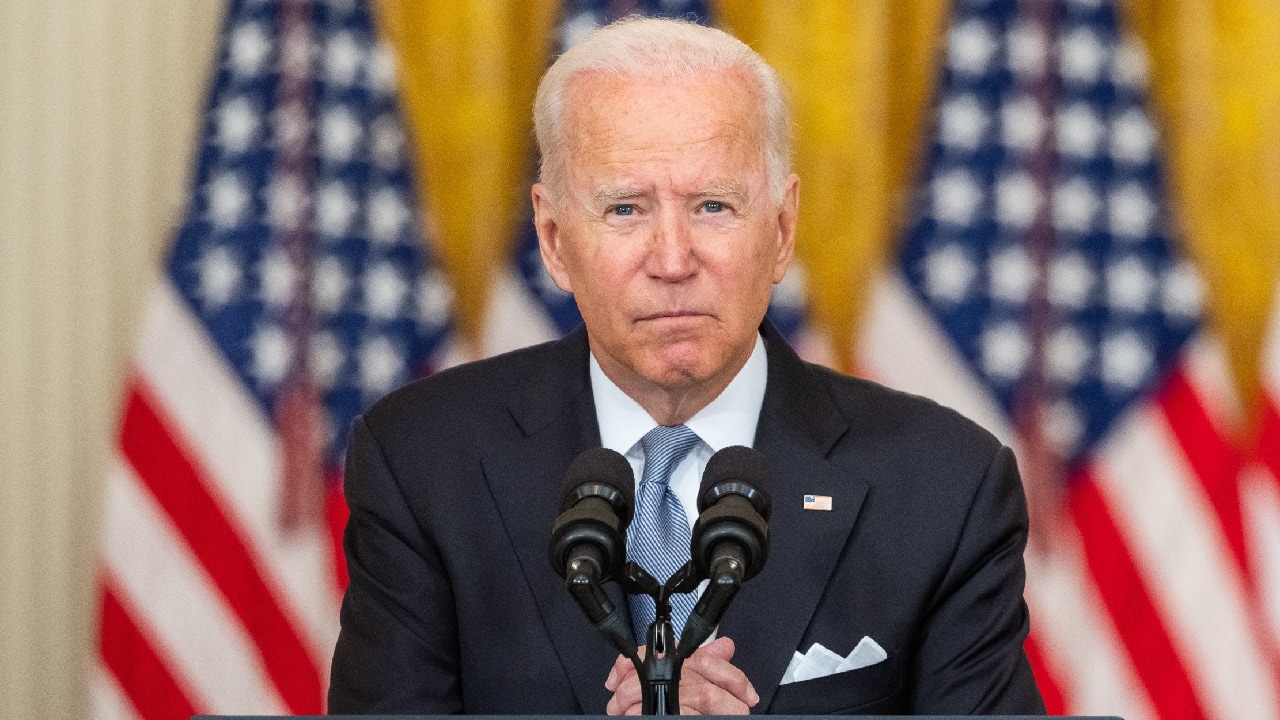When President Joe Biden told reporters last Thursday that he is considering using an executive order to cancel some student loan debt, he stopped short of providing any specifics about his plan.
“I am considering dealing with some [student] debt reduction,” the president said, before clarifying that he is not considering a debt reduction of $50,000 per borrower.
“I am in the process of considering whether there will be additional debt forgiveness, and I’ll have an answer on that in the next couple of weeks,” Biden added.
During his 2020 presidential campaign, Joe Biden promised on multiple occasions to cancel some student loan debt – and now that it’s very much on the table, millions of students may be wondering if they will qualify for the president’s planned loan forgiveness plan.
While Biden’s plans are not yet confirmed, some safe predictions are to be made.
Federal Student Loans On the Cards
President Joe Biden pledged some forgiveness of federal student loans – and it is this specific student debt is almost sure to be the focus of the president’s expected executive action.
The term “federal loan,” in this case, likely refers to the Direct Loans granted to students as well as all other federal student loans granted by the government for undergraduate students.
However, private student loans will almost certainly not be canceled as the president does not have the power to wipe the private debt. The federal government may wish to cancel private student loans. Still, it would require extensive legislation, agreements, and likely payouts from the government to the many private lenders that have operated in recent decades.
There May Be an Income Limit
Reports suggest that the president will limit student loan forgiveness to people under a specific income threshold. Biden has not indicated what threshold he will consider. Still, Democratic legislators have already put forward proposals to see those earning less than $125,000 have all or some of their debt forgiven.
Reports say that the Biden administration is considering upping that threshold to $150,000 for individual filers, and up to $300,000 for joint filers.
During a White House press briefing this week, press secretary Jen Psaki said that the student loan relief plans will be “targeted at people who need help the most.”
No Graduate School Loan Forgiveness?
Graduate students may also want to lower their expectations, as Biden also seems likely to make a distinction between undergraduate student loans and loans given to graduate students.
The graduate school typically leads to higher-paid jobs, meaning those who took out these loans are already more likely to be earning over whatever threshold the White House chooses. Graduate degrees are also not necessary for most employment, meaning fewer people will have taken the loans in the first place.
Jack Buckby is a British author, counter-extremism researcher, and journalist based in New York. Reporting on the U.K., Europe, and the U.S., he works to analyze and understand left-wing and right-wing radicalization and reports on Western governments’ approaches to today’s pressing issues. His books and research papers explore these themes and propose pragmatic solutions to our increasingly polarized society.

